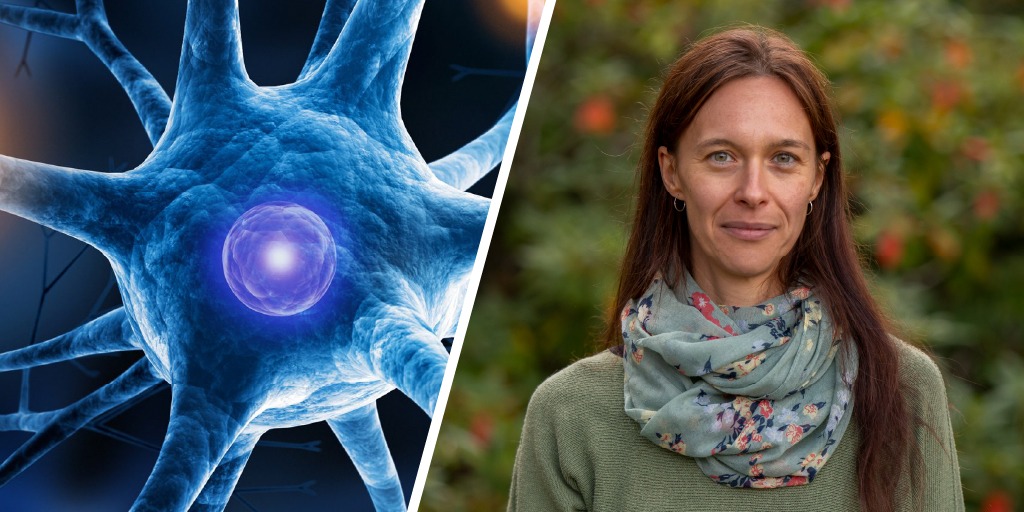New zinc finger-containing proteins vital for embryonic stem cell maintenance
SciLifeLab Fellow Claudia Kutter (Karolinska Institutet) and WCMM Fellow Francesca Aguilo (Umeå University) has recently collaborated, through the National Molecular Medicine Fellows Program (NMMP). Their joint study identifies a novel RNA-binding zinc finger containing protein (ZFP207), responsible for controlling mouse embryonic stem cell (ESC) pluripotency.
A zinc finger is a small DNA-binding structural motif (ZnF), found in one of the largest transcription factor families, Zinc finger-containing proteins (ZFN). Due to their great diversity and high affinity for DNA, these proteins play a vital role in a number of biological processes such as, development, cellular differentiation, metabolism and oncogenesis.
In a recent study, published in the scientific journal EMBO reports, researchers identified a novel ZNF, which seems to play a vital role during neuronal differentiation. The new ZNF, called ZFP207, is involved in coordinating multiple post-transcriptional actions such as, ubiquitination, alternative splicing and RNA transport, which shows that it also has a mechanical role beyond its function as a transcription factor.
The researchers discovered that silencing of ZFP207 in mouse embryonic stem cells (ESCs) led to severe neuroectodermal differentiation defects, highlighting the vital role ZFP207 plays during ESC maintenance. Unlike in human ESCs, mouse ZFP207 does not regulate neuronal and stem cell-related genes transcriptionally but rather through alternative splicing (AS) networks or acting as a RNA-binding-protein (RBP).
The National Molecular Medicine Program (NMMP) is a collaborative network between SciLifeLab and the Wallenberg Centers for Molecular Medicine (WCMM) in Göteborg, Linköping, Lund and Umeå, co-funded by a 9 million SEK grant from the Knut and Alice Wallenberg Foundation.
Read the press release from Umeå University here.





